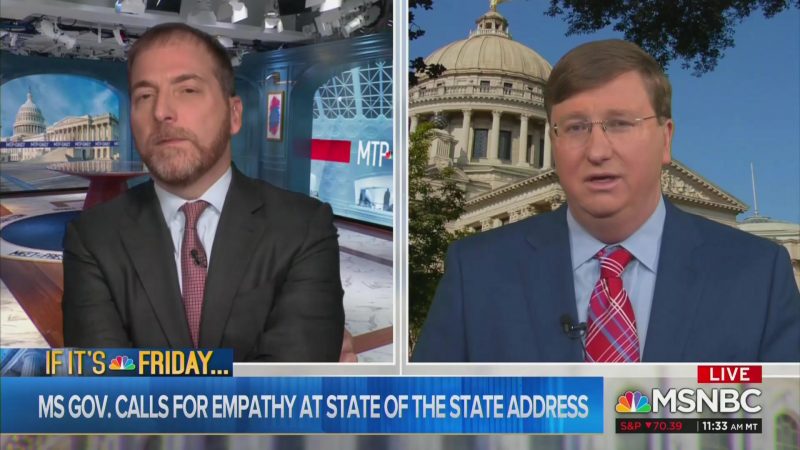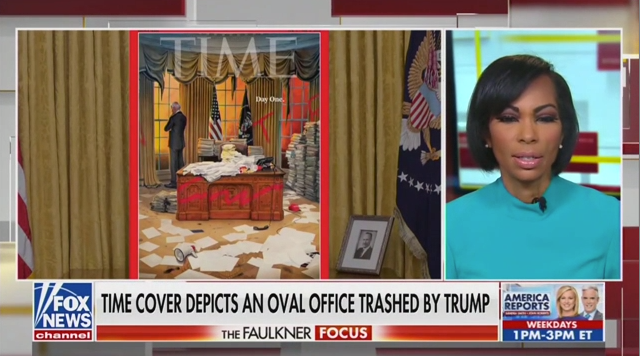Sarah Huckabee Sanders Doesn’t Like Being Called A Liar: ‘It Certainly Bothers Me’

Earlier this month, White House Press Secretary Sarah Huckabee Sanders struggled to explain away the president’s shifting story on the Stormy Daniels hush payment. Following Trump lawyer Rudy Giuliani telling Sean Hannity that President Trump repaid attorney Michel Cohen the $130,000 paid to Daniels to stay quiet about an alleged affair, contradicting Trump’s previous statements on the situation, Sanders told reporters she gives “the very best information that we have at the time.”
The combination of Sanders’ credibility-killing presser and Michelle Wolf’s WHCD jokes about Sanders burning facts has helped create a public perception that she regularly lies to the press and American people in general. In a conversation with the New York Times’ Michael Leibovich, Sanders said it troubled her that folks were calling her a liar.
She parroted her press briefing remarks, telling Leibovich “I will always do everything I can to give the best and most accurate information at the time that I can.” When asked what she meant by that, Sanders stated that what’s true on Monday in terms of a process decision may change by Friday…And I can’t always know that things will be different.”
That led to this exchange between Leibovich and Sanders, per the NYT piece:
“It certainly bothers me,” she said of the “liar” rap. “Because one of the few things you have are your integrity and reputation.” She added that “there’s a difference between misspeaking or not knowing something than maliciously lying.”
No one would argue that a person’s integrity isn’t of paramount importance, I said. But I asked Sanders if there is a danger in linking your integrity to a president who might not always be known for accuracy. There have been many instances where the president has not told the truth, I said.
“But you’re asking about me,” Sanders said, not challenging the premise.
Tellingly, Sanders asked Leibovich if she were going to “hate this story” multiple times while jokingly suggesting to him at the end that he make a colleague “look bad” while portraying her in a positive light.
Do yourself a favor and read the entire piece by Leibovich here.






